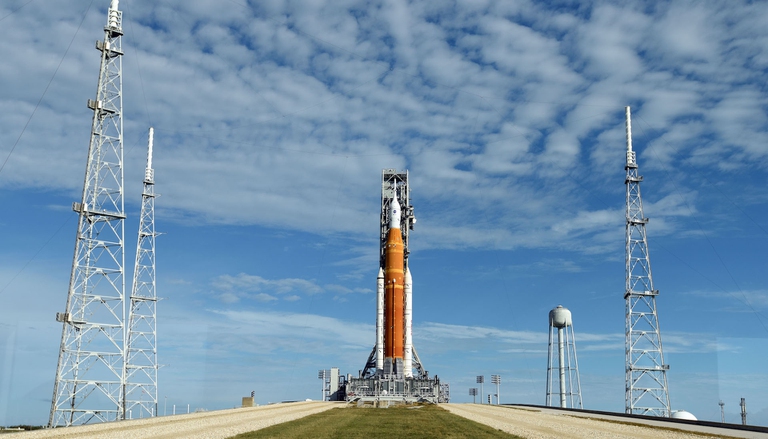https://www.lifegate.it/parchi-solari-in-orbita-risultati-positivi-da-un-primo-esperimento
- |
A satellite equipped with solar cells has been operating in orbit around the Earth for six years.The researchers aim to develop the technology.
Photovoltaic power plants in orbit around our planet, capable of producing energy to then use on Earth.This would no longer be a simple hypothesis:this is stated by a group of researchers of the universities of Surrey and Swansea, who conducted what is called the first study of this kind on the subject.
Six years, 30 thousand orbits and no damage
For six years in fact a was followed artificial satellite, observing how it was able to produce electricity thanks to photovoltaic panels.Over time, the appliance has performed more than 30 thousand orbits.AND, according to the researchers, the results would lead to the conclusion that it is possible to imagine the exploitation of orbiting solar parks starting from the 1930s.
“We are very satisfied with the fact that a mission that started out to last one year worked for six – explained Craig Underwood, professor emeritus of Space Engineering at the Surrey space centre of the university of the same name -.The data indicates that the panels have withstood the solar radiation and that their structure in thin film it did not deteriorate either due to thermal conditions or the vacuum of space."
“It's proof that orbiting solar parks are possible”
The scientist added that “this technology based on low-cost ultra-light solar cells could lead to the construction of large solar parks in space, ensuring clean energy to the Earth.We have today the first proof that the technology works reliably in orbit”.

The new solar cells have been developed by the same researchers, based on cadmium telluride:these are panels capable of producing much more energy than technologies current, while remaining sufficiently cheap at the same time.
“The success of the test allowed us to obtain funds to further develop the technology.The big ones solar panels for space applications represent a booming market,” added Dan Lamb, of Swansea University.The question remains what the “costs” are in terms of CO2 emissions launches to send satellites into orbit and those that may be necessary in the event of failures and repairs.

